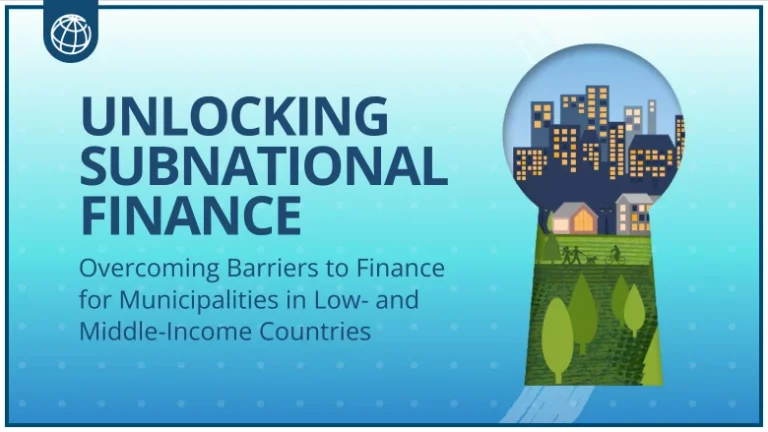Finance Minister Enoch Godongwana’s presented his 2025 Budget Speech last week and the key takeout is that higher prices are in store for South Africans, and many would do well to reassess and revise their household budgets to maintain financial stability. But let me take a step back and summarise Godongwana’s budget proposals and how they will impact the ordinary South African.
VAT Increase
Value-Added Tax (VAT) will rise from 15% to 15.5% on May 1, 2025, with another 0.5% increase in 2026. This means everyday goods and services will become more expensive, affecting various items including electricity, clothing and transport. Basic food items remain VAT-exempt, but many essentials will see price hikes even as the minister has expanded the VAT-exempt basket of goods.
Income tax bracket freeze
Once again, while there has been no direct increase in personal income tax rates, tax brackets have not been adjusted for inflation. As employers increase their workers’ salaries, many will be pushed into higher tax brackets. They will therefore pay more tax without earning more in real terms.
Fuel levies
The general fuel levy and the Road Accident Fund (RAF) levy will remain unchanged for another year, preventing a bigger fuel price hike.
Sin taxes
Expect to pay more for your favourite beer or ciders and that pack of cigarettes due to the increase in excise duties.
Social Grants
Godongwana has proposed modest increases in social grants, but these may not be enough to keep up with rising costs.
It is therefore highly crucial that you reassess and revise your household budgets to maintain financial stability. First things first:
Monitor Electricity Tariffs
There have been significant increases in electricity tariffs, with Eskom direct customers experiencing a 12.74% hike from April 2024 to March 2025 and municipal customers seeing a 12.72% increase from July 2024 to June 2025. It is essential to keep track of these changes so that you can adjust your monthly utility budget. For many consumers, this will also require a change in mindset as many tend to forgo paying their utility bills when times are tough. According to National Treasury figures, total consumer debt owed to municipalities was at R386.5 billion by end-September. Not many consumers realise how this impacts them and their household budgets. The failure to pay utilities means municipalities have less funds to maintain our road infrastructure, for example. Bad roads increase the wear and tear of your car, meaning you would have to fork out more to maintain your car – it’s a vicious cycle that consumers can break by simply making an effort to keep up with the payments of their municipal accounts.
Prioritise Essential Expenses
Given the higher costs, prioritise essential expenses such as housing, food, and healthcare. Allocate funds to these areas first before considering discretionary spending. This ensures that your basic needs are met despite the increased financial pressure. Take advantage of lower interest rates by paying down debt.
Reduce Energy Consumption
To mitigate the impact of higher electricity tariffs, adopt energy-saving practices. Use energy-efficient appliances, switch off lights and devices when not in use, and consider investing in solar panels if feasible. These measures can significantly lower your electricity bill.
Review and Adjust Savings Goals
Higher taxes and tariffs may affect your ability to save. Reevaluate your savings goals and adjust them based on your revised budget. Consider setting up an emergency fund to cover unexpected expenses, ensuring financial security during challenging times.
Seek Professional Advice
Consulting a financial advisor can provide personalised strategies to manage your finances effectively. They can offer insights into tax planning, investment options, and budgeting techniques tailored to your specific situation.
Explore Additional Income Sources
If your budget is stretched thin, consider exploring additional income sources. Freelancing, part-time jobs, or monetising hobbies can provide extra funds to help cover increased expenses.
Utilise Budgeting Tools
Leverage budgeting apps and tools to track your income and expenses. These tools can help you identify areas where you can cut costs and optimise your spending.
Cut Out Non-Essential Spending
If there was ever a time many South Africans should consider giving up their vices, it is now. With higher prices for tobacco and alcohol due to increased excise duties, now is the time to think before your buy your favourite beer of pack of cigarettes. Cutting out these non-essential expenses can free up significant funds and your lungs will thank you.
By taking these steps, South African consumers can better navigate the financial challenges posed by higher taxes and electricity tariffs, ensuring a more stable and manageable budget.




